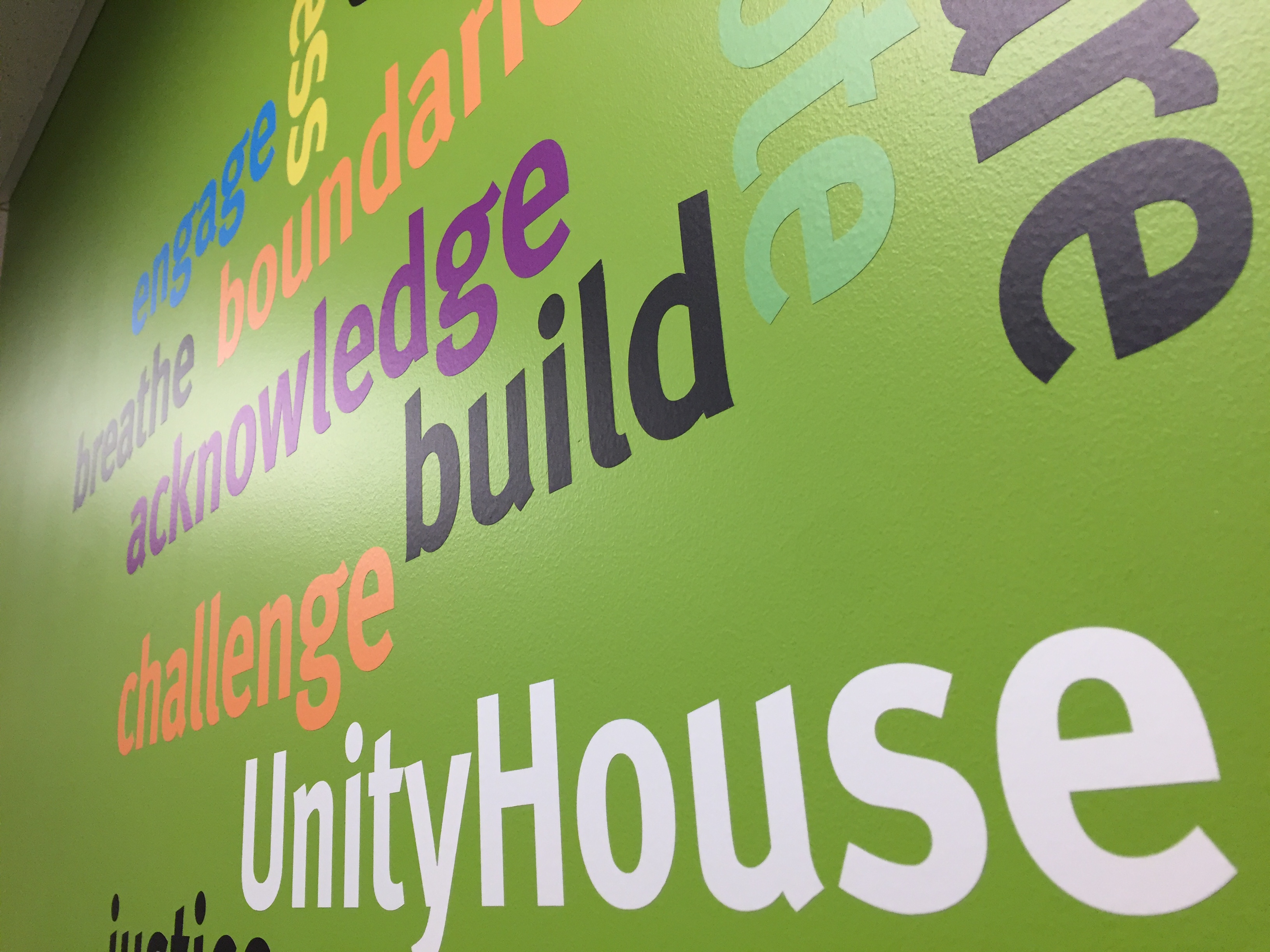
People who help make life better
When we asked Assistant Service Director of Housing and Support Services Margaret Arias for the name of a colleague for our Employee Spotlight feature, Margaret refused. Her team had just come out of what seemed like perpetual quarantine. They all deserve the spotlight!
Social distance, quarantine, limited options, and other effects of the pandemic have made for difficult times for staff and housing residents. There are fierce advocates on Margaret’s team, where they put their Can-Do attitudes to the test. They rallied during periods of quarantine to make sure clients’ health and other needs were met. They managed medical issues, juggled staffing demands, personal obligations, complied with regulations, and even dealt with snowstorms. On any day, managing the housing of hundreds of individuals, each with a unique range of capabilities, can be challenging. In a year of pandemic, it can be a marathon. That analogy sums up Margaret’s team: people who can sprint when needed while focusing on the long-term goal of finishing the race. It is also apt for the people they serve since each person’s mile markers are unique.
Housing programs are for the vulnerable – people who cannot obtain or sustain housing on their own. For those with persistent mental illness or other chronic conditions, for example, housing IS healthcare. Housing people, with as much independence as possible, is a form of community-based rehabilitation that honors the inherent dignity in each person. There is great emphasis on consumer empowerment, on involving people and family members in the rehabilitation process and in planning and evaluating needed services. Licensed programs like those at Unity House recognize that life skills are best acquired where people live and work, that people should be actively involved in all aspects of their rehabilitation, and that options should be determined by individual needs and preferences.
At Unity House housing is in scattered sites and might include licensed Community Residences for adults in both congregate and apartment settings, as well as permanent Supported housing. There are also services such as case management, Health Homes and other Home and Community Based Services, along with vocational training and employment support programs. Finally, there are social programs, transportation programs, and PROS, which stands for Personalized Recovery Oriented Services. It is a lot of options!
The services that Margaret’s team provides are funded in part by the Office of Mental Health. The goal is about more than a roof over your head, it is to help people build or maintain skills to live as independently as possible, preventing homelessness or exacerbation of serious chronic conditions. The services one might receive depend on current skill sets and goals. A person might need help following a medication plan, transportation to doctor appointments, or assistance in reaching goals like greater self-sufficiency or employment.
Because it is not ‘one size fits all’ there are varieties of housing settings. Some clients might be in a congregate care setting where they live with others and staff are on site 24/7, even someone awake at night. Other clients may live in an apartment, solo or with roommates. Staff are nearby and check-in, ensuring the quality of the site and coordinating care. Scattered site housing is in some ways more challenging to manage but offers benefits that pay off for the people who live there. Staff know from decades of experience how little things can sometimes make a big difference. They champion the achievements of their clients and encourage them when needed. It is not always easy since clients, like everyone, can get frustrated by the curveballs life can throw at us. Staff work collaboratively with clients, their family (or lack thereof), overseeing agencies, and community partners.
After talking with Margaret, it is easy to understand how the work of the Housing program and its supportive services are a team effort. Along with the daily work this involves, Housing staff at Unity House operate within budget constraints while working to eliminate the stigma and discrimination that people living with a mental health diagnosis often face. Especially in times where both staff and clients have had to change just about everything in response to the pandemic, we appreciate the team’s expertise and agility. Along with their hard work, they model a positive attitude for the people they serve, especially when times are challenging. They remind us all to put one foot in front of the other and to cheer each other on.
More about Housing at Unity House
Have a question about housing programs, including eligibility for you or someone you know? Visit here to learn more or call us for a conversation: (518) 274-2607
Want to learn more about mental illness and resources available? Consider inviting a free speaker from Unity House to talk to your group, online.
Want to help Unity House provide services to people in need? Consider volunteer opportunities at Unity House, which may include one-off projects at housing sites.